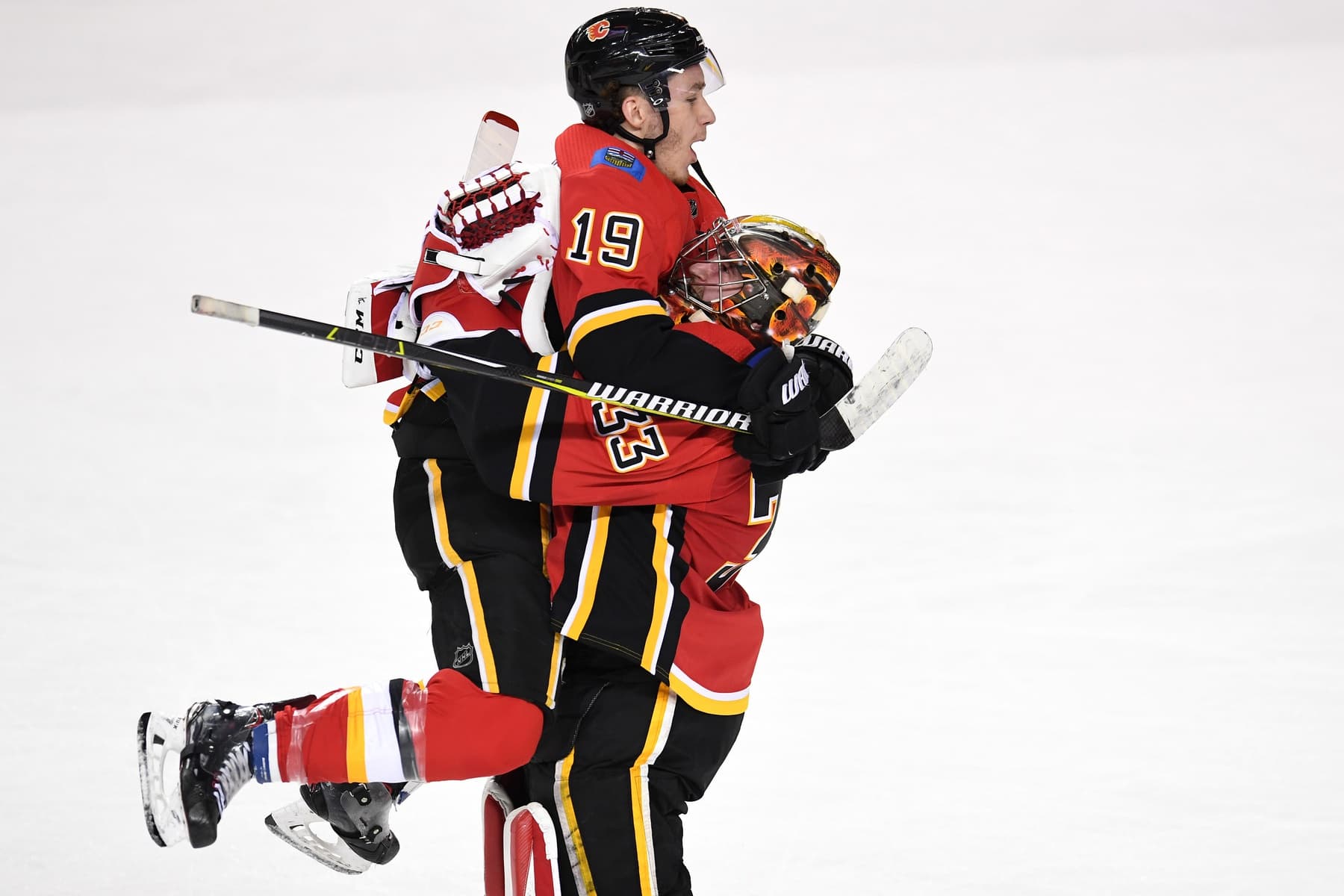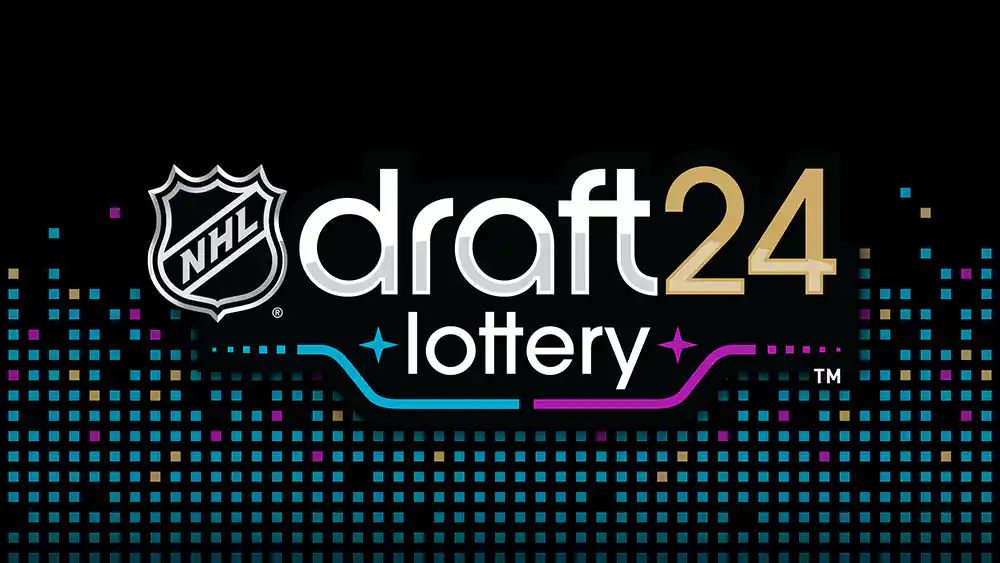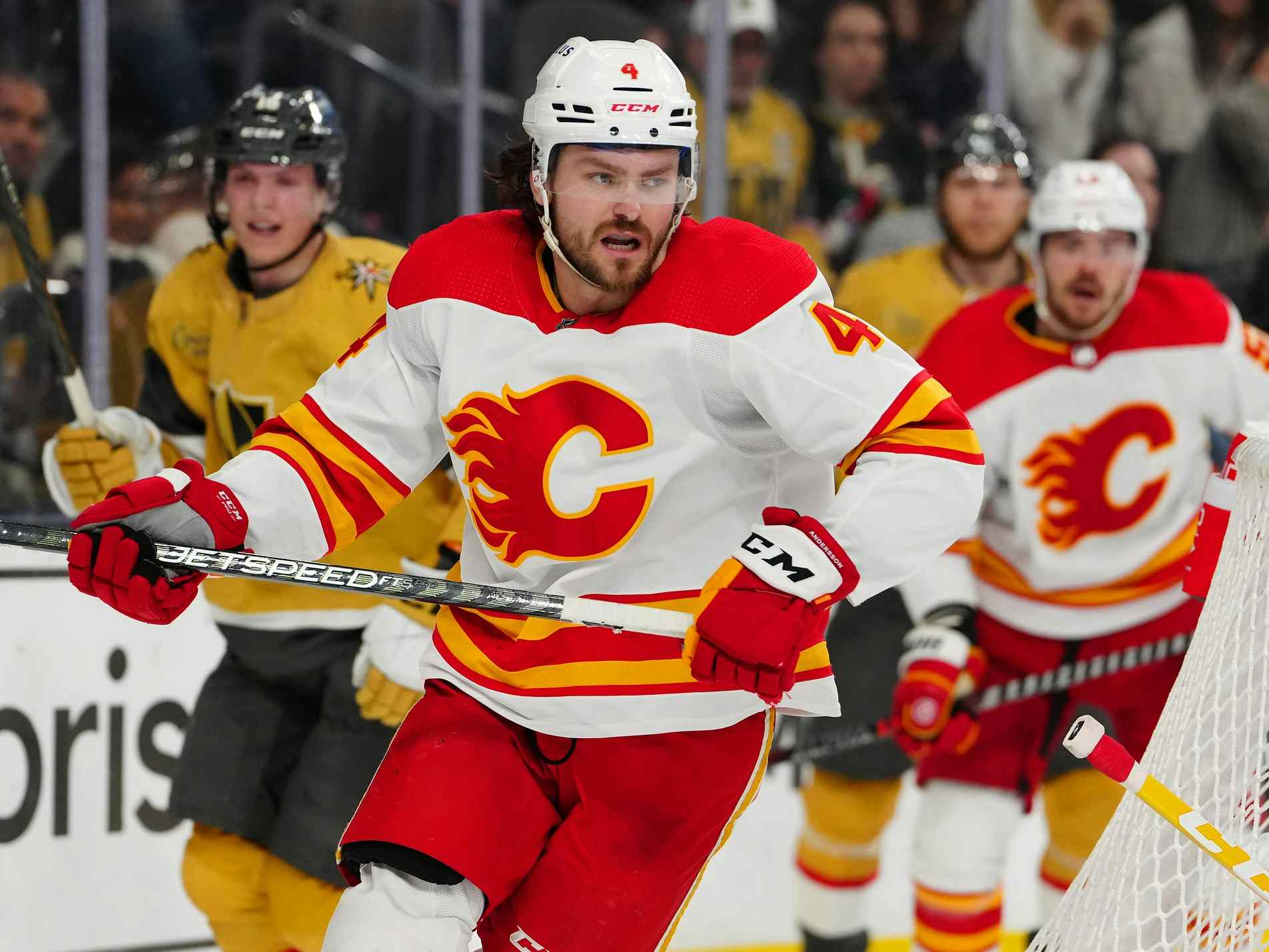Flames may have to pay big bonuses to lock up Matthew Tkachuk

By Ryan Pike
4 years agoIf you take a gander at any salary cap tracking site – such as PuckPedia – you may notice something interesting. The Calgary Flames have given out among the least in signing bonuses in the entire National Hockey League. But with negotiations with Matthew Tkachuk ongoing for a new contract, it seems likely that the Flames may need to divert from their usual stance in regards to big bonus payouts.
How signing bonuses work
In a standard NHL contract, players are paid every two weeks during the regular season. But in the case of a player with a signing bonus, they would get a big chunk of their money up-front in early or mid-July – it varies by contract. Both regular pay and bonuses are subject to escrow, but the appeal of a bonus-laden contract is that you get a bunch of your money all at once rather than getting it paid out in smaller installments throughout the year.
Also, bonuses make buyouts more difficult – buyout calculations are based off regular salary, not bonuses – and are paid out even if there’s a lockout between the NHL and the NHLPA.
If you’re an NHL club with a lot of cash on hand, paying a player all at once or during the season doesn’t really matter. But if you’re living hand-to-mouth – needing revenue throughout the year to help pay your bills – then bonus-laden deals can be a big, big problem for you.
A brief history of Treliving bonuses
Most entry-level contracts involve signing bonuses. But once a player leaves their ELC years, bonuses are pretty rare. Since he’s been general manager, Brad Treliving has been fairly remarkable in two ways: he hasn’t paid bonuses to many players, and the amounts have always been pretty small relative to the total contract value.
Here are all the non-ELC bonuses Treliving has paid out:
- Deryk Engelland: $500,000 (5.7% of a $8.75 million contract)
- Mikael Backlund: $4 million (12.5% of $32 million contract)
- Troy Brouwer: $1 million (5.6% of $18 million contract)
- Mark Giordano: $4 million (9.9% of $40.5 million contract)
- Johnny Gaudreau: $6.5 million (16.0% of $40.5 million contract)
- Sean Monahan: $3.5 million (7.8% of $44.6 million contract)
- Noah Hanifin: $3 million (10.1% of $29.7 million contract)
In 2019-20, the Edmonton Oilers are on the hook for over $16 million in bonuses. The Toronto Maple Leafs? $53 million. The Flames? Less than $3 million.
But that’s probably going to change in a big way.
Recent RFA deals involve tons of bonuses
Regardless of the duration of Tkachuk’s next contract, it’s very likely that his cap hit will come in north of $6 million. As we saw with Sebastian Aho’s offer sheet, bonuses have become a big, big part of deals for big name player – whether they’re restricted or unrestricted free agents.
Keeping our focus exclusively to big name RFAs with $6 million or larger cap hits, most of the recent major deals have included hefty bonuses:
- Sebastian Aho: $38.62 million (91.5% of $42.27 million contract)
- Timo Meier: $8.6 million (35.8% of $24 million contract)
- Auston Matthews: $54.52 million (93.7% of $58.17 million contract)
- William Nylander: $24.3 million (54.0% of $45 million contract)
- Dylan Larkin: $1 million (3.3% of $30.5 million contract)
- Nikita Kucherov: $44.5 million (58.6% of $76 million contract)
- Jack Eichel: $15 million (18.8% of $80 million contract)
- David Pastrnak: $7 million (17.5% of $40 million contract)
- Leon Draisaitl: $14 million (20.6% of $68 million contract)
If you’re the Tkachuk camp, you’re at the very least thinking of Kucherov and Nylander as your main comparables – if not Aho. That doesn’t just play out in terms of cap hit, but also bonus structure. If a player wants to feel important, giving them a ton of up-front money is a good way of making them feel important.
In other words: don’t be shocked if around two-thirds of Tkachuk’s annual cap hit is paid out in up-front bonuses.
Something’s gotta give
Because of the Canadian dollar’s depreciation, the Flames are around the middle of the pack league-wide for revenue – and are probably getting some revenue-sharing. But their owners are still pretty deep-pocketed and have shown a willingness to spend to the cap, so it’s unlikely that cash flow will be the primary concern surrounding the Tkachuk negotiations.
However, the Flames are bumping up against the cap and are hoping to keep things tight as they try to make a run for a silver chalice of some kind. If they’re hoping to keep Tkachuk’s cap hit below any internal figure – perhaps the “Giordano cap” of $6.75 million – then giving Tkachuk a bonus-laden contract chock full of up-front dough might be an effective compromise.
But whether it be paying someone more than his captain or paying out hefty bonuses, it seems likely that Treliving will have to budge off one of his perceived contract stances.
Recent articles from Ryan Pike





